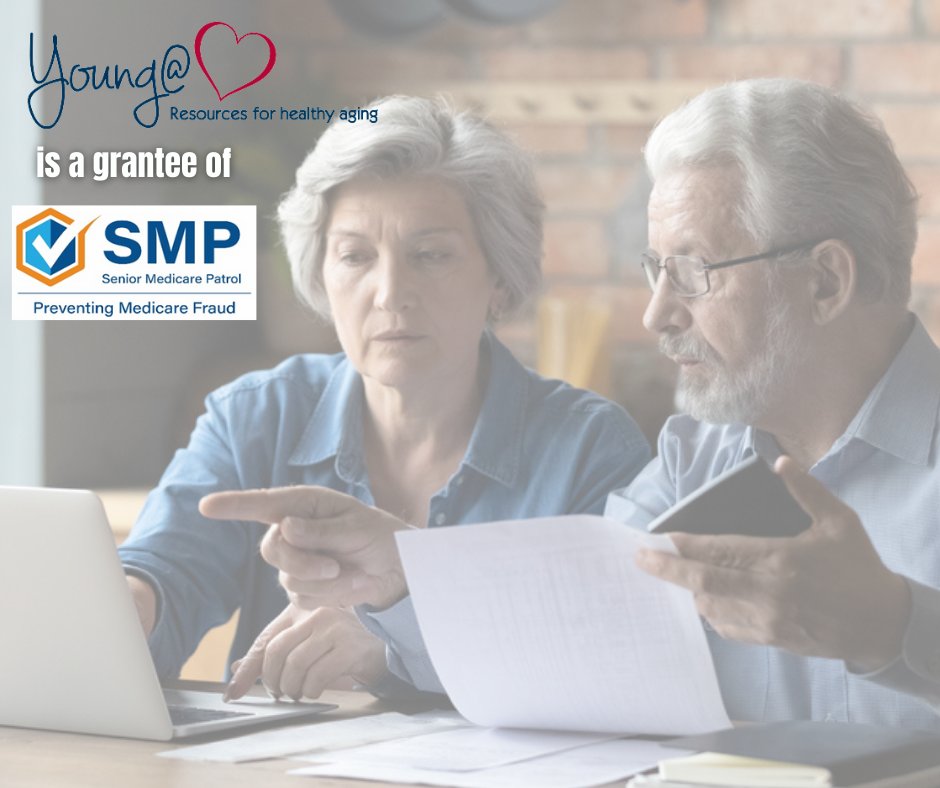
The first-ever Medicare Fraud Prevention Week is June 5 through June 11. It kicks off on 6-5 because most people qualify for Medicare on their 65th birthday. This event also coincides with the 25th anniversary of the SMP programs nationwide.
To commemorate the week, the Missouri SMP wants to share some of the most common examples of fraud, waste, and abuse seen by the organization:
Scammers trying to trick people into giving up their personal information in return for unwanted or unnecessary services or equipment. These scammers often claim to be from Medicare or responding to an order from a physician.
Medicare Summary Notices or Explanation of Benefits showing billing for services or supplies that were never provided.
Companies offering genetic testing. Scammers claim that the tests are a Medicare preventive service that can screen for heart disease or cancer. According to recent reports, the scammers claim that the tests can be used to determine whether additional immunizations are necessary to prevent COVID-19. Most genetic tests are not a Medicare-covered service.
The Missouri Senior Medicare Patrol helps Medicare and Medicaid beneficiaries prevent, detect, and report health care fraud. We not only protect people with Medicare, but we also help preserve the integrity of the Medicare and Medicaid programs. We rely on volunteers and partners to help in this effort.
SMP staff and volunteers work with beneficiaries to review Medicare Summary Notices for accuracy, make presentations to groups about how to avoid getting taken by scam artists, and exhibit at community health fairs.
Our primary goal is to teach Medicare beneficiaries how to protect their personal identity; identify and report errors on their health care bill; and identify deceptive health care practices. If you are interested in volunteering, give us a call. And, as always, if you suspect you are the victim of Medicare fraud or abuse, call the Missouri SMP at (888) 515-6565.
This project was supported, in part, by grant number 90MPPG0040, from the U.S. Administration for Community Living, Department of Health and Human Services, Washington, D.C. 20201. Grantees undertaking projects under government sponsorship are encouraged to express freely their findings and conclusions. Points of view or opinions do not, therefore, necessarily represent official Administration for Community Living policy.
